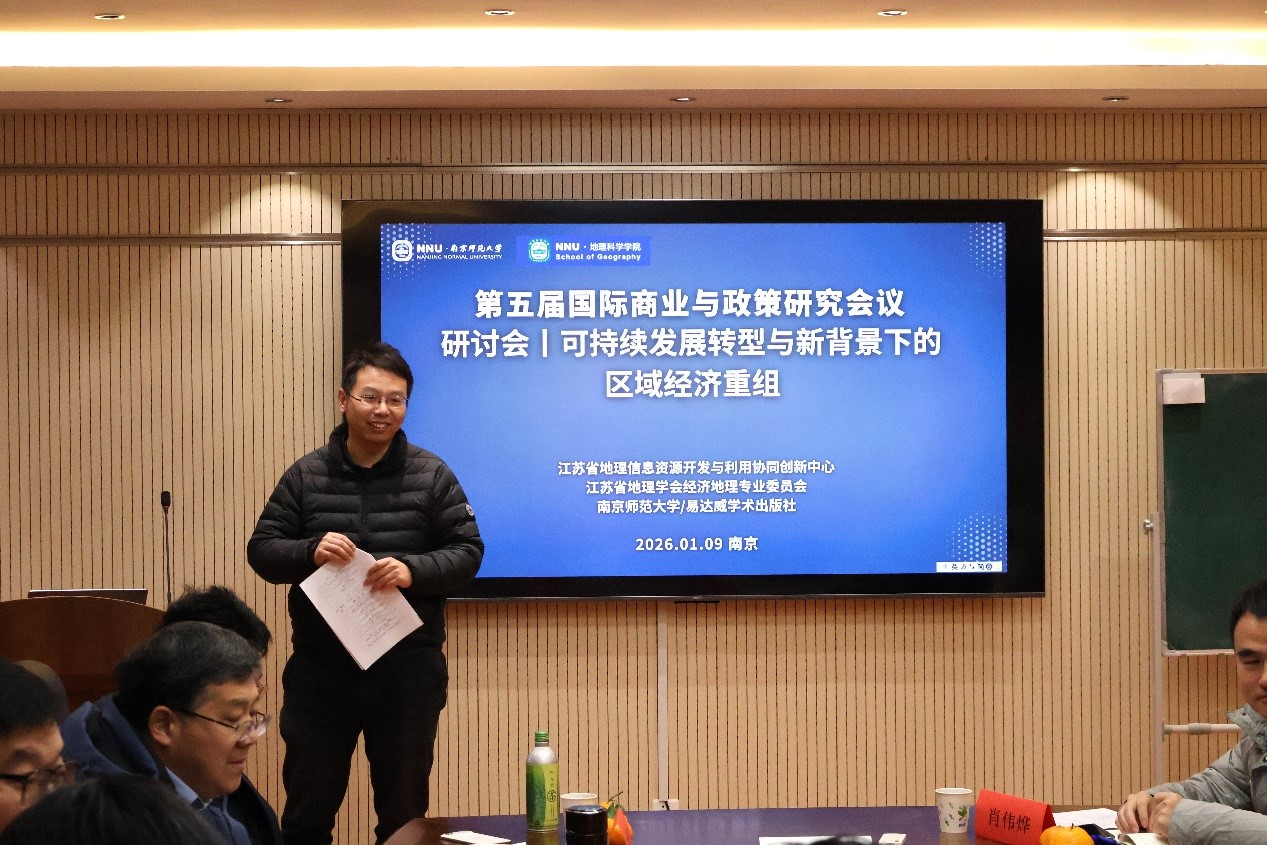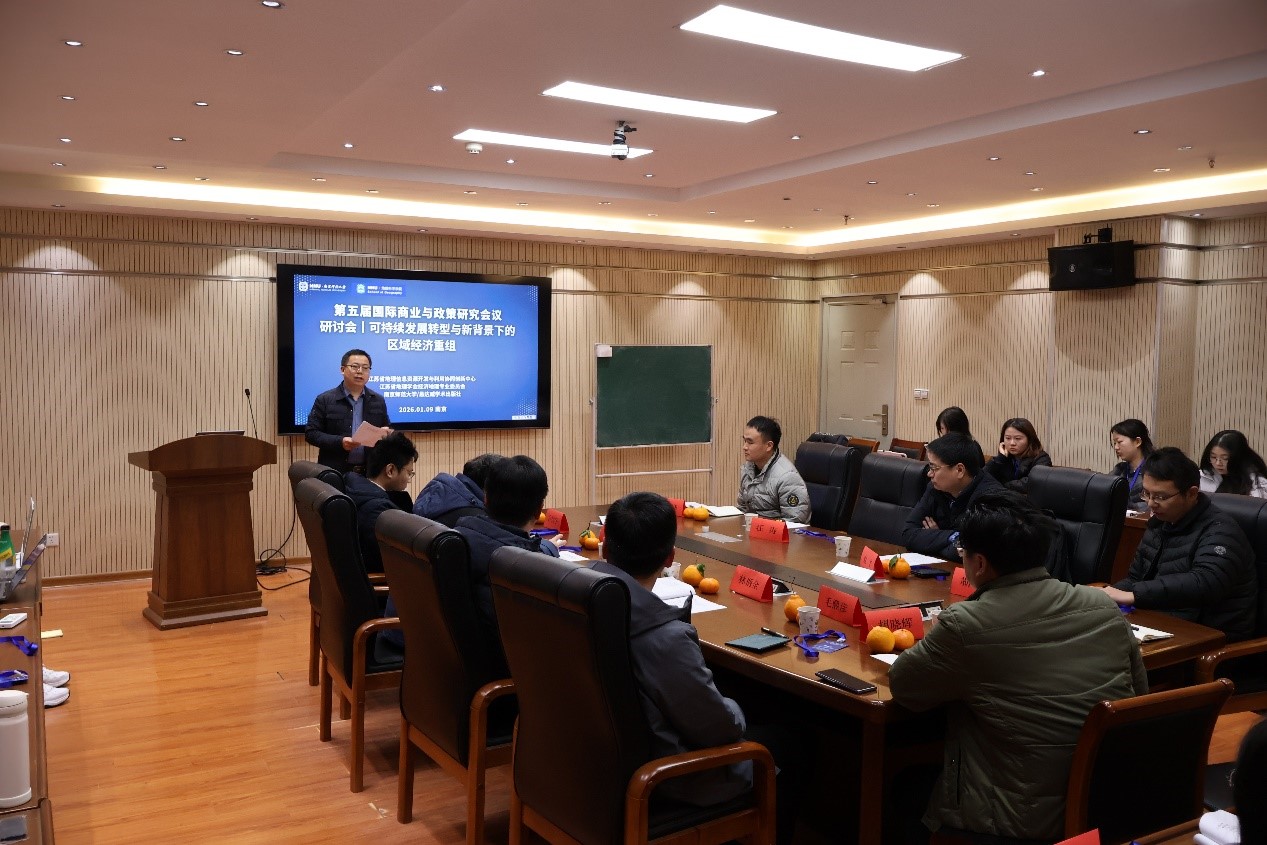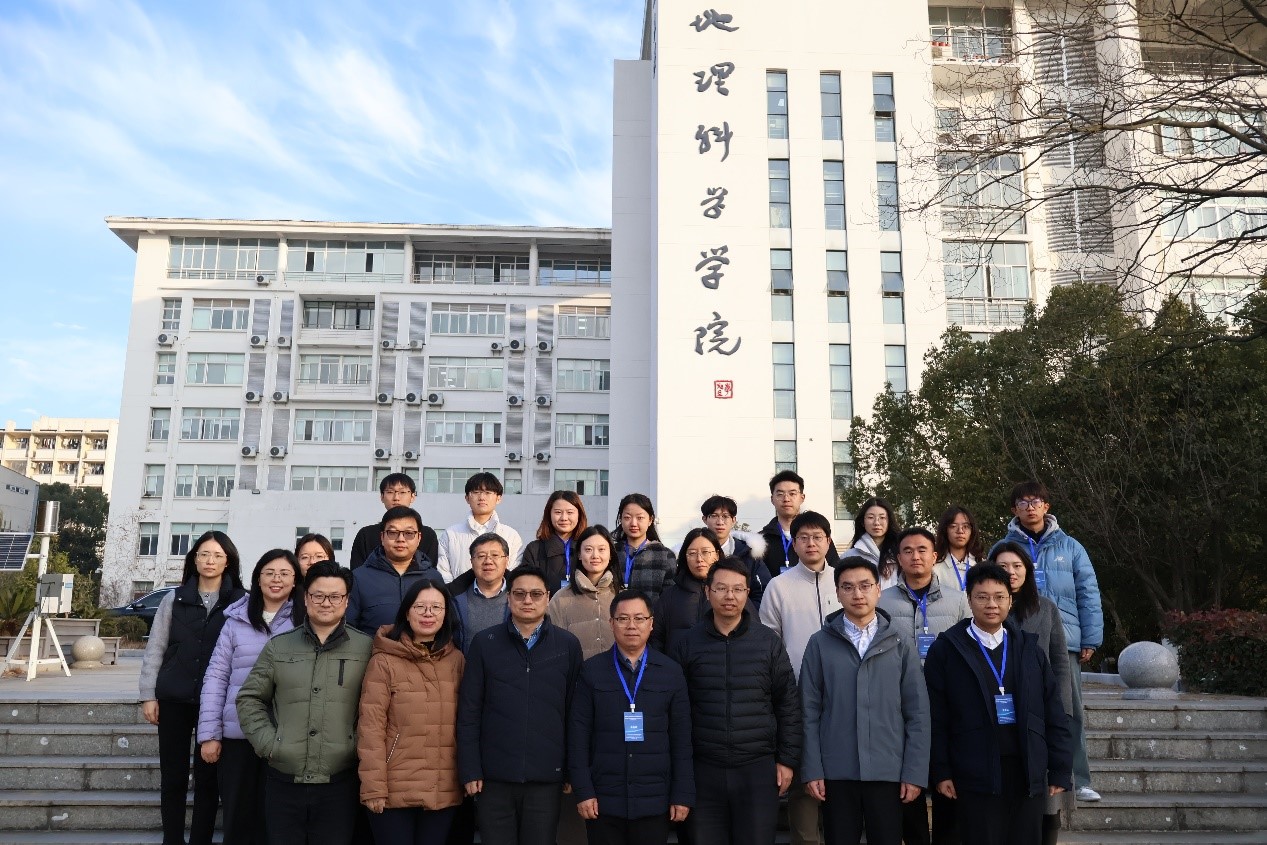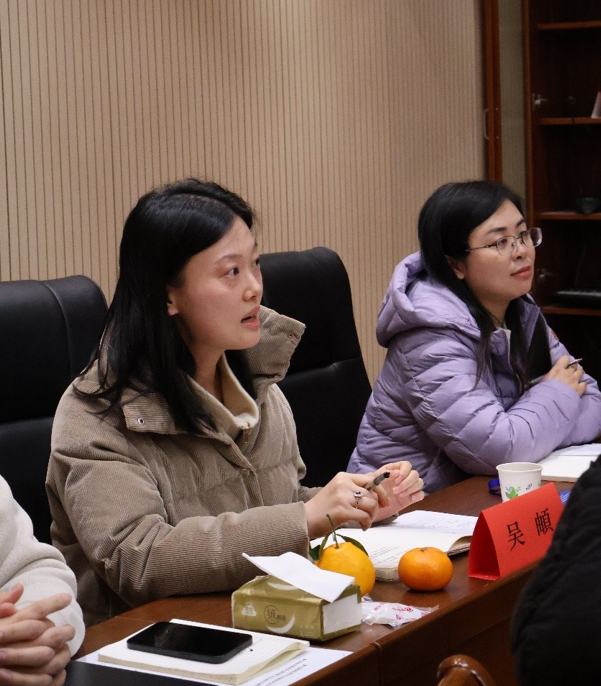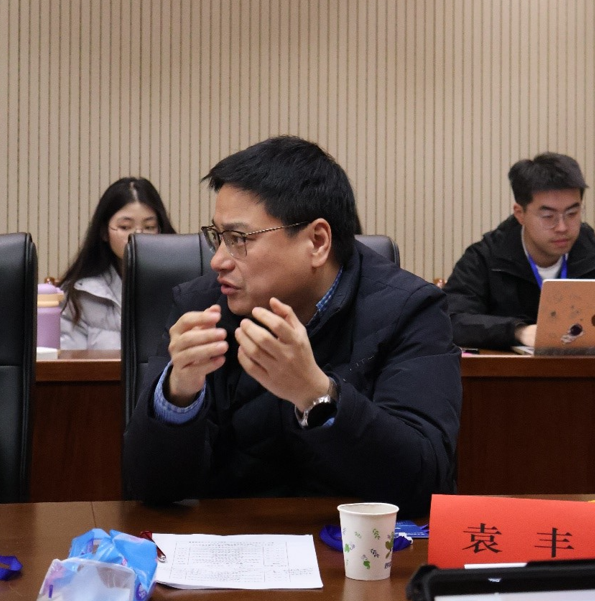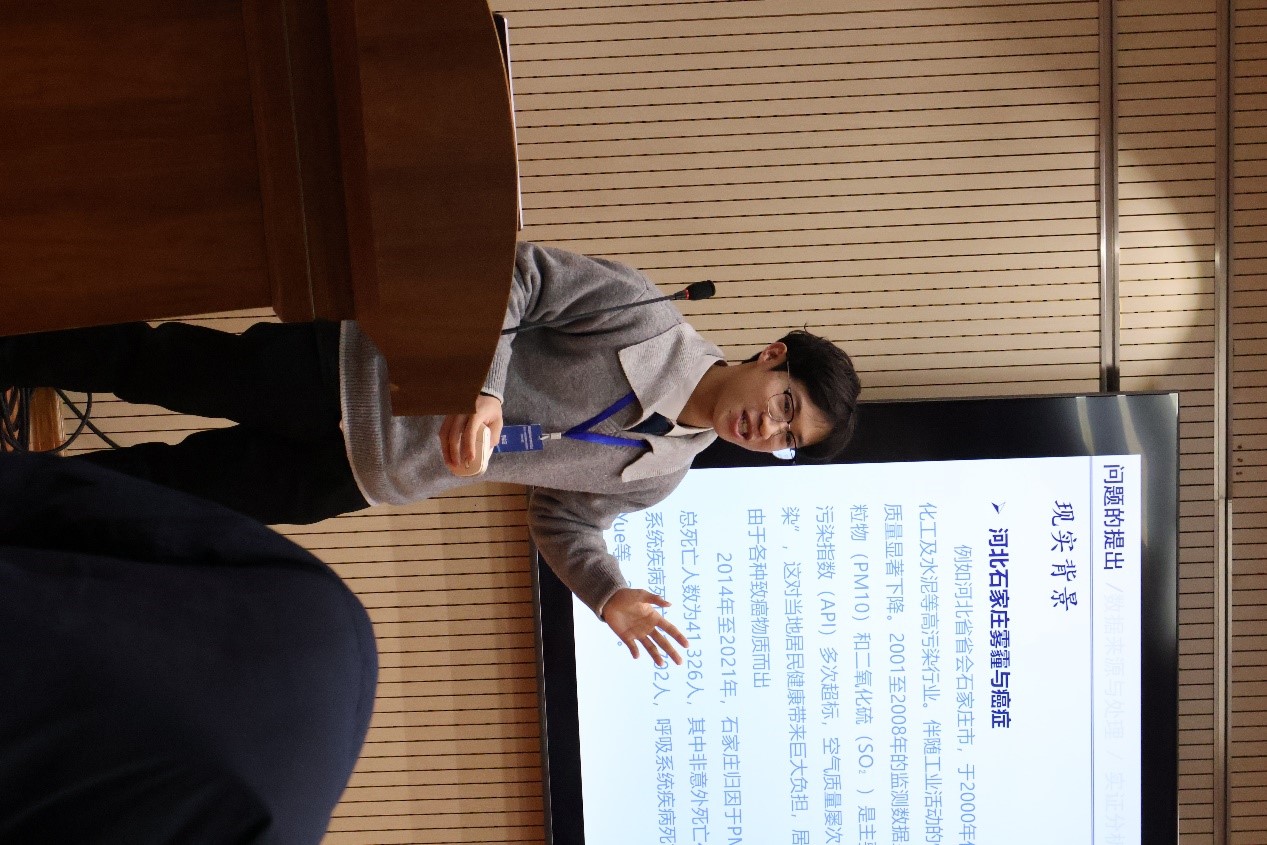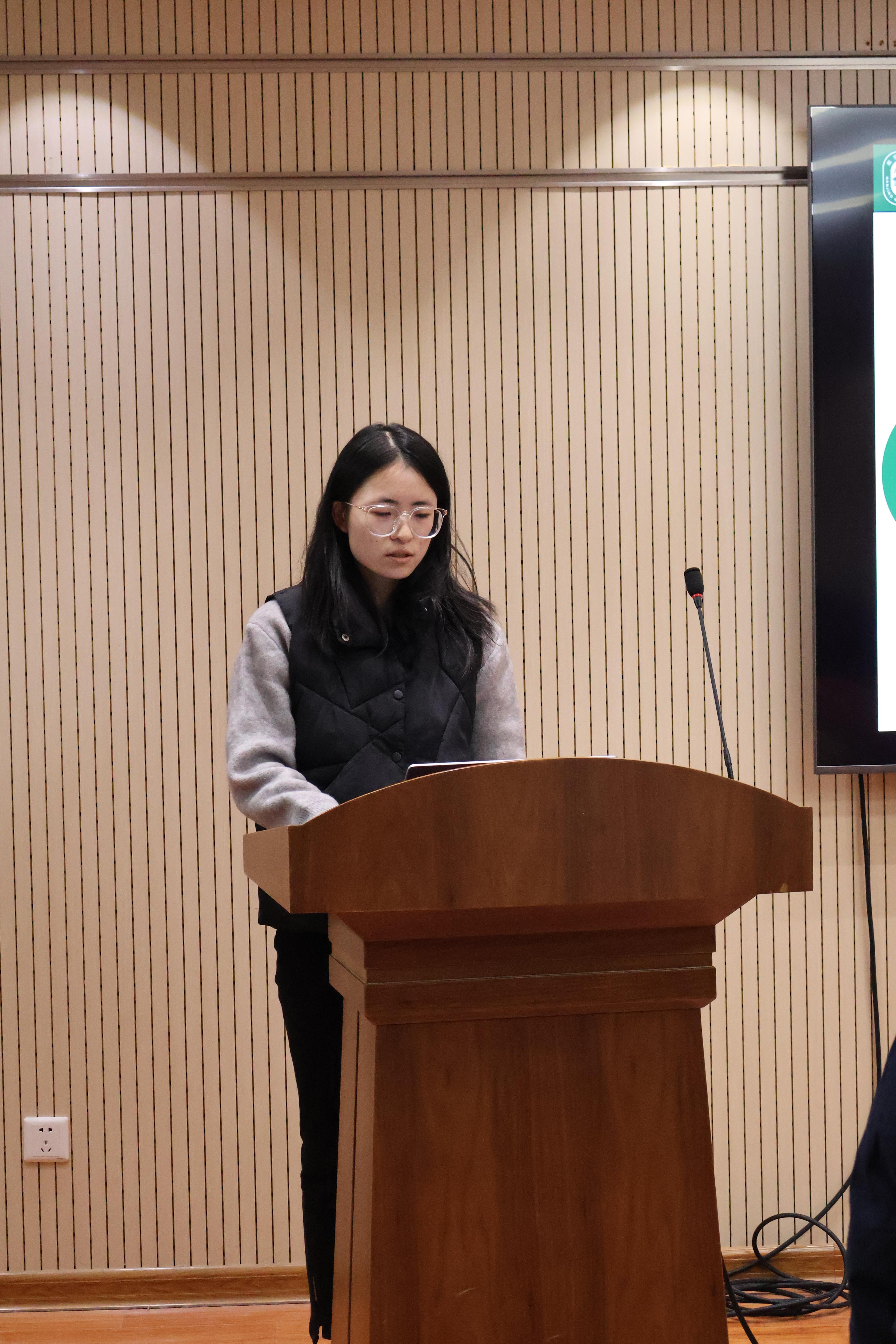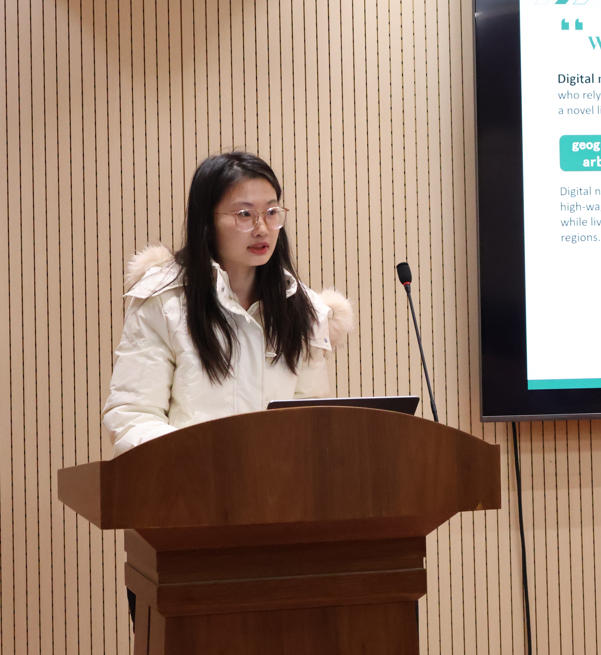Sustainability Transitions and Regional Economic Restructuring in New Contexts
Date:
January 9th, 2026 (UTC+8)
Organizer:
Nanjing Normal University
Symposium Chair:
Personal Bio:
Dr. Hu Xiaohui is a Professor at Nanjing Normal University and holds a PhD in Economic Geography (2015) from Kiel University, Germany. He worked as postdoctoral fellow at Hong Kong Baptist University and the University of Lethbridge, Canada. His research integrates Evolutionary Economic Geography and Transition Studies. He has led three national-level projects (NSFC, NSSF), two international grants (British Academy + World Resources Institute). He has published over 100 publications in economic geography and urban studies journals, including more than 30 SSCI/SCI papers. He serves on the editorial boards of the SSCI journal Humanities & Social Sciences Communications, and the Sage journal Transactions in Energy and Sustainability.
Symposium Members:
| Associate Professor Di Wu | Nanjing Normal University | diwu@njnu.edu.cn |
| Associate Professor Xu Huang | Nanjing Normal University | 09432@njnu.edu.cn |
| Associate Professor Qianqian Liu | Nanjing Normal University | 09430@njnu.edu.cn |
Call for Papers
Background:
Sustainability transitions have emerged as a critical framework for understanding the shift towards more sustainable and resilient socio-technical systems, particularly in response to climate change and resource constraints. Simultaneously, regional economic development increasingly focuses on how regions can restructure their socio-technical systems to align with environmental goals and equity while maintaining economic competitiveness. Recent global disruptions, such as geopolitical shifts, supply chain reconfigurations, and accelerated digitalization, have created new contexts and pressures for these transitions. This symposium examines how regions navigate these complex challenges, integrating ecological imperatives with economic restructuring in an evolving landscape, and explores the policies and strategies that could support just and inclusive transitions.
Goal / Rationale:
The central problem this research addresses is the tension between the urgent need for sustainability transitions and the profound challenges of regional economic restructuring in new contexts of disruption. While transitioning to low-carbon and circular economies is imperative, it risks exacerbating regional inequalities, job losses in traditional industries, and social exclusion if not managed inclusively. Recent advances in sustainability transitions and evolutionary economic geography provide frameworks, but they often lack granular insights for regional adaptability. This symposium aims to bridge this gap. By convening experts in transition studies, economic geography, and policy, it will explore integrative strategies and governance models to steer restructuring processes that are not only environmentally sustainable but also economically resilient and socially just.
Scope and Information for Participants:
This symposium invites contributions that critically explore the intersection of sustainability transitions and geographical regional economic development. Topics of interest include, but are not limited to: the spatial unevenness of low-carbon transitions; regional innovation systems for green technologies; governance of just transition in industries; labor market shifts and skills development; the role of financial and policy instruments in steering place-based restructuring; grassroots innovation and niche experimentation; and path creation in resource-dependent regions. Participants are encouraged to present theoretical frameworks, empirical case studies, or policy analyses that deepen our understanding of how regions can navigate socio-technical transformations. We seek to foster interdisciplinary dialogue among scholars in economic geography, innovation studies, environmental economics, and related fields.

